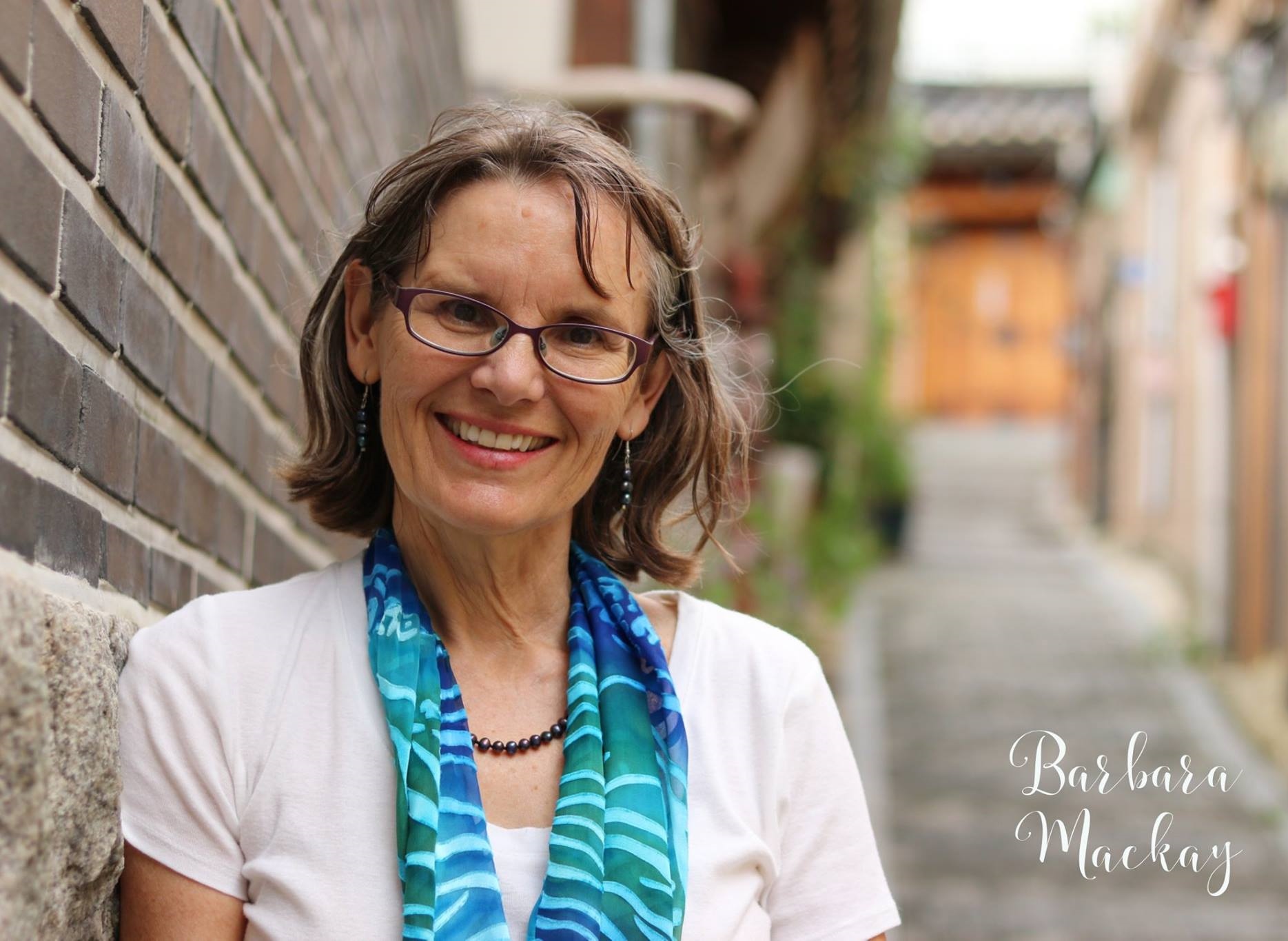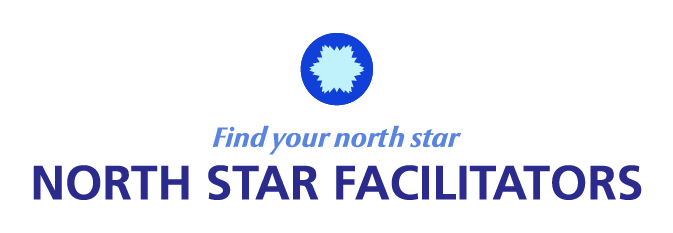Four Lessons from 22 Years of Facilitation Practice

 Next year is my 23rd anniversary for being in business as North Star Facilitators. That’s a relatively big piece of history for me. As I reflect on my own journey, it’s sometimes hard to notice my successes. Likely many of us tend to focus on where we have struggled. I am no exception. In this blog I will share 4 successes and struggles. I will also share A BRIEF history in the field of facilitation since it is the 24th anniversary this coming year also for the International Association of Facilitators. At the bottom of this blog, you’ll see a PDF download of this. This blog was originally written in 2014, and just updated. So you will notice the PDF historical facts end at 2014.
Next year is my 23rd anniversary for being in business as North Star Facilitators. That’s a relatively big piece of history for me. As I reflect on my own journey, it’s sometimes hard to notice my successes. Likely many of us tend to focus on where we have struggled. I am no exception. In this blog I will share 4 successes and struggles. I will also share A BRIEF history in the field of facilitation since it is the 24th anniversary this coming year also for the International Association of Facilitators. At the bottom of this blog, you’ll see a PDF download of this. This blog was originally written in 2014, and just updated. So you will notice the PDF historical facts end at 2014.
 One thing I know for sure is many times I have helped the group make huge breakthroughs using tools that help them look at both their own past and the past of others in their field. As a facilitator we all need to have a lot of techniques to help a group do this. I have used these tools extensively to plan my life and business. we have a great course that gives ten ways to do this. See below
One thing I know for sure is many times I have helped the group make huge breakthroughs using tools that help them look at both their own past and the past of others in their field. As a facilitator we all need to have a lot of techniques to help a group do this. I have used these tools extensively to plan my life and business. we have a great course that gives ten ways to do this. See below
So, which do you want to hear first? My successes or my struggles as a 22 year old facilitation business owner? Since you can’t really answer that question for me, I’ll just go back and forth between what starts out as a struggle and then becomes a success!
My Very First Struggle & Success
I started my business in April 1995, however, I could not come up with a name for my business. I came up with a logo. I wanted to come up with a name that would last for 20 years! (That felt like a long time to me in 1995). I did not want it to be my own name because the business wasn’t really about me. It was about the impact I wanted to have on the world.
 The success was finding a business name, North Star Facilitators. It was my mom who actually came up with the name. I had called together a focus group to help me think of possible names. One of them was Spirit Wisdom, but I realized that felt a little bit too much like I was appropriating an indigenous concept. However, I did want to remind groups of their wisdom in solving their own challenges and also lift up their spirits in doing so. It was a huge breakthrough to give my business a name – I still like it. And, it has worked for 20 years! I know it will see me through until I leave the business.
The success was finding a business name, North Star Facilitators. It was my mom who actually came up with the name. I had called together a focus group to help me think of possible names. One of them was Spirit Wisdom, but I realized that felt a little bit too much like I was appropriating an indigenous concept. However, I did want to remind groups of their wisdom in solving their own challenges and also lift up their spirits in doing so. It was a huge breakthrough to give my business a name – I still like it. And, it has worked for 20 years! I know it will see me through until I leave the business.
Here is a photo of me 3 years after starting my business. As you can see, I just learned the P.A.T.H. graphic facilitation technique process.
A Second Struggle & Success
I set a goal for myself to never be in debt. Over the last 20 years I have never taken out a business loan. However, I have borrowed small amounts of money from my family! And repaid that within a few months. Perhaps it wasn’t wise to want to be so financially independent. It has meant that I have kept myself relatively small as a business owner. However, the joy is that I can work with so many different colleagues and not have the worry of paying salaries. I instead pay my colleagues as I get the jobs.
My major struggle in the early years was assuming I could only earn a certain amount of gross salary per year. When I reviewed 3 years of early income I was astonished to realize that my income had been within a few hundred dollars of the maximum income goal I had set for myself 3 years earlier. This suggested that I had been limiting my ability to grow that income. Once I made this discovery, I took courage in hand, decided to raise my rates and I hired an assistant to do the work at which I was not very good. The following year I made a 50% increase from $50,000 gross to $75,000 gross. It wasn’t long before I substantially increased this again.
My Third Struggle & Success
When I first started out in my business, I was very uninterested in offering facilitation training to others. Bill Staples was my facilitation mentor with the Technology of Participation (ToP) life methods. He encouraged me to consider becoming a ToP trainer as a way to generate clients and as a way to thoroughly understand and deeply immerse myself in the ToP methods. The struggle was feeling I had very little to offer and that I could not do a good job teaching others in such a powerful and deeply spirited methodology. I barely passed becoming a trainer. I can remember some of the feedback from my training was so discouraging I was ready to not take this on as part of my business. As many of you know, I did become a pretty darn good trainer!
The success of this strategy has been that training jobs often leads to facilitation jobs. Participants who do not yet feel competent to face the complexity of the work that is needed within their own organization hire you. Having you work within their own organization means that they get to learn the facilitation processes a little more deeply in their own setting. This has the added bonus of building their confidence to continue this work with their own teams. I have noticed over the course of my business years, that it is a wonderful combination to have both training, facilitation and more recently mentoring services. I find the training and mentoring more restful. It gives me a break from the intensity of straight process facilitation. And the facilitation continually challenges me to adapt tools and techniques that I have learned. It allows me to pass this knowledge on to others that I am training and mentoring. Interestingly I have noticed a specific income effect of having these three core lines of business. Typically I start out with doing more training, say 50%, and then as this generates leads for facilitation and mentoring, my total income for facilitation grows to 85% (Mentoring is much smaller – maybe 5-10%. Then when I am tired of facilitating too much, I increase my training and mentoring offerings. in fact, this is what is the current situation. I am cutting back to about 10-20% process facilitation and 80% facilitation training and mentoring.
Struggle and Success #4
Over the last 22+ years I have taken significant amounts of time to immerse myself in cultural competency methods and awareness, creativity and thinking models, neuroscience of learning and in conflict resolution approaches. Even though these have been major foci for many years, in the background of my mind and heart has always been a motivation and a dedication to use these to support my mastery in facilitation skills. One of my struggles has been that I sometimes get myself lost in these other specialty arenas. This has led to some moments of unclearness and disappointment in how I’ve handled various partnerships. I am much clearer now and am hoping that I can maintain that clarity every time someone offers me an opportunity to grow in another related field.
The success for me is a more recent re-dedication to keeping a consistent focus to my business. My business focus is on facilitation. I train, certify, and mentor others in process facilitation methods. I also facilitate. This gives me a sense of being deeply rooted in a relatively new profession that has a compelling history and a hopeful future. My very latest sense of peace and clarity around making the business fun and relevant for me is to prioritize 3 things for the next (possibly last) 3-5 years of my career in this field. 1) Lead a diverse global virtual cohort of facilitators with mixed levels of experience who can learn and grow from each other 2) Teach more ToP (Technology of Participation) facilitation training throughout the world and 3) Facilitate primarily globally complex issues in the world like ending oppression and climate change! I feel immensely happy with this decision to focus even more narrowly than ever before.
 History of Facilitation
History of Facilitation
For more fun facts on the history of facilitation, please download this PDF. It is incomplete but it gives us a good sense of some of the amazing work that has gone on in this beautiful, still developing field.
Or, take the 1-day course, ToP Approaches to Environmental Scanning at a location near you. Ten brilliant ways to help a group learn from the past and present to determine what must come next in their future. As you might sense from this blog story, it’s fulfilling to realize we do survive difficult decisions and/or events. It gives us exactly the right experience to undertake the changes needed ahead. I highly recommend learning how to apply these types of reflection and planning tools in your personal or business life and in the organizations you serve.


Comment received by Jerry Mings: I like the lesson on money. Great insight. As for teaching, I have always kept it separate in my work. My clients thanked me for doing that and it made it possible for me to bill better rates. Any teaching I do is at ICA for ICA. I don’t do any through my company. A different learning point for me was about technology. I have learned using technology can be like digging for gold. You go through a lot of dirt for a few good nuggets. I have learned to patient and stick with software firms as their ideas transform into reality. Mindjet, The Bat are two examples. With close to ten years as a beta tester with the products, they are now key parts of my work.